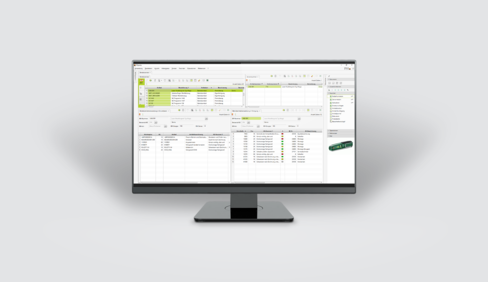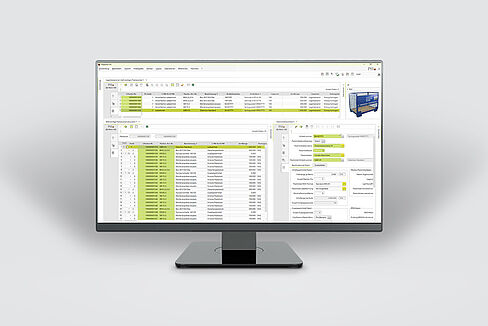PSIpenta modernizes core business processes holistically
Berlin, 27 August 2020 – PSI Automotive & Industry GmbH has been awarded by PERFORATOR GmbH with the implementation of the ERP system PSIpenta Version 9.3. By replacing the old system, the core business processes will be modernized and mapped holistically without media breaks in the new ERP system.
Currently, the implementation of the ERP standard PSIpenta 9.3 includes the comprehensive order management module as well as PSIpenta's own cost accounting. In the further course of the project, the coupling of the current Product Lifecycle Management (PLM) system is an important component in an overall concept, which will lay the foundation for a clear and more effective control of the master data.
PSIpenta production data and personnel time recording are used in the manufacturing execution system (MES) area. The goals are, to further develop the processes in production efficiently and to digitalize them with the existing document management system (DMS) to move closer to paperless production.
PERFORATOR selected the PSIpenta ERP system due to the high coverage of the production functions as well as PSI's decades of expertise in plant construction. The software solution based on the PSI Java Framework in Version 9 offers intuitive adaptation of user interfaces to individual requirements, among other things by means of PSI Click Design.
With around 100 employees, PERFORATOR GmbH, headquartered in Walkenried, manufactures press drilling technology, drill pipes and accessories as well as injection technology in individual or small series in Germany and supplies its customers in the construction and mining industry worldwide.
On the basis of its own software products, the PSI Group develops and integrates complete solutions for optimizing the flow of energy and material at suppliers (energy networks, energy trading, public passenger transport) and industry (raw material extraction, metal production, automotive, mechanical engineering, logistics). PSI was founded in 1969 and employs 2,000 persons worldwide.



